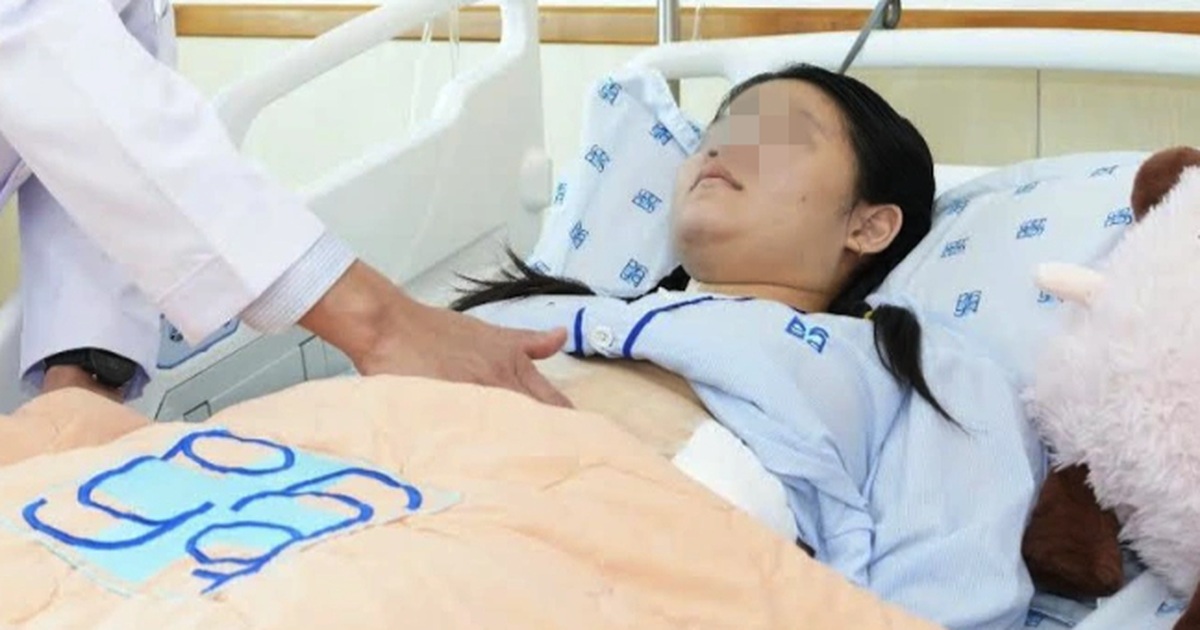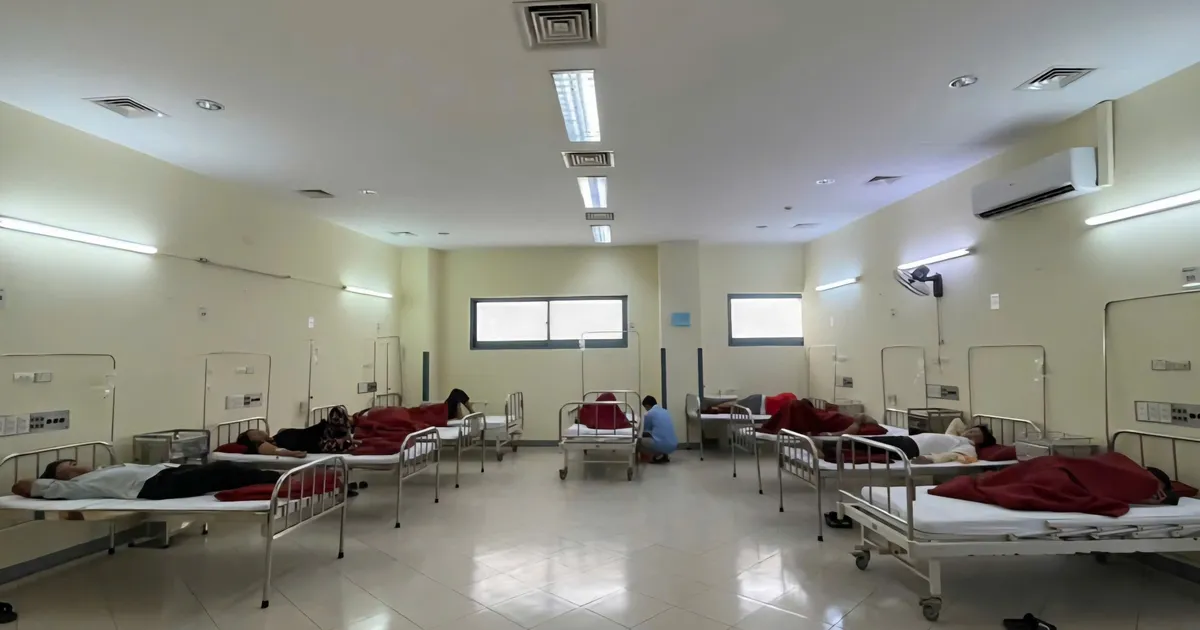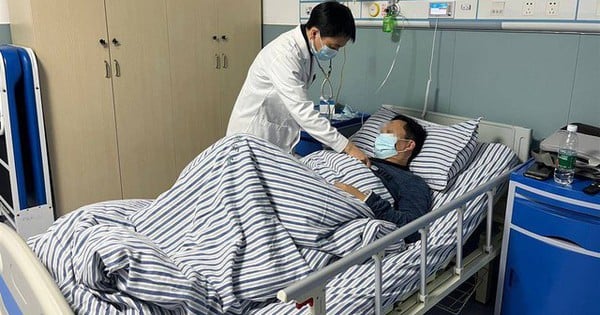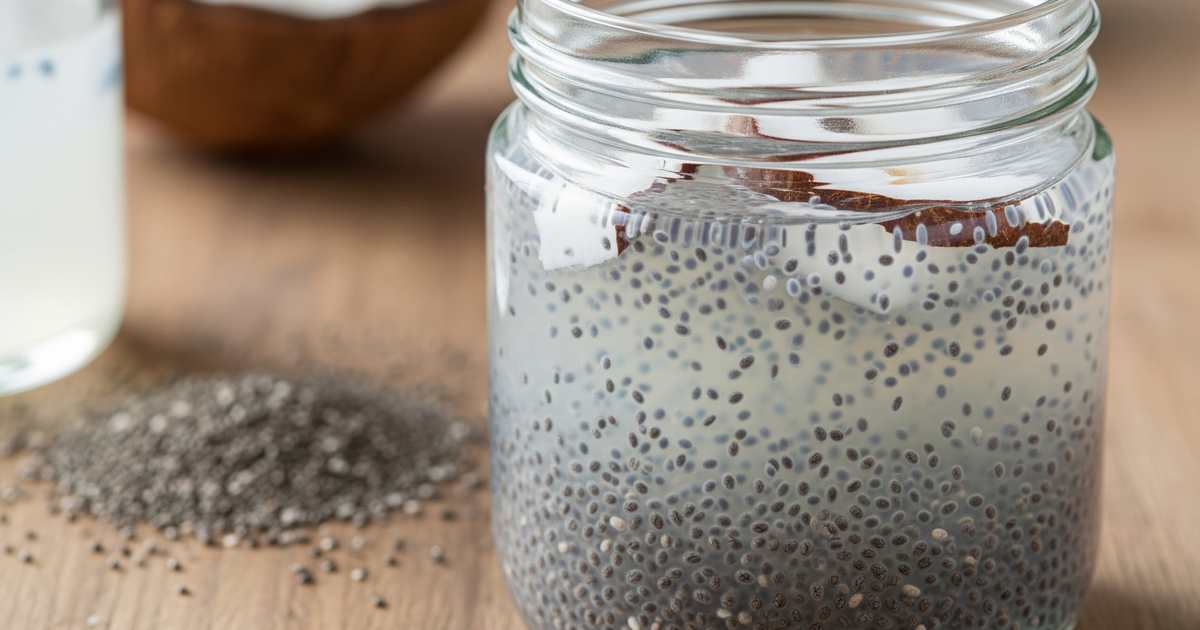I have been bloated and tired for almost a month now, sometimes fainting, and having black stools. Do I need to test for HP bacteria? (Minh Hieu, 47 years old, Bac Ninh )
Reply:
HP (Helicobacter pylori) is a gram-negative bacterium that thrives in the stomach. People with chronic gastritis or duodenitis caused by HP often have no symptoms. If symptoms occur, they may include epigastric pain, often when hungry, nausea, bloating, indigestion, and early satiety.
People infected with HP bacteria have a 10-20% risk of developing duodenal ulcers and a 1-2% risk of developing stomach cancer. HP bacteria attack the protective lining of the stomach, damaging the tissue in the stomach and the first part of the small intestine (duodenum). The bacteria produce an enzyme called urease that reduces stomach acid, leading to a weakening of the stomach lining. At that time, stomach cells are at high risk of being damaged by acid and pepsin, strong digestive fluids, leading to stomach or duodenal ulcers.
HP infection also causes chronic inflammation of the gastric mucosa. Long-term chronic inflammation leads to atrophy and intestinal metaplasia. Severe atrophy and intestinal metaplasia are high risk factors for gastric cancer.
You often feel full, tired, faint, nauseous, and have black stools, which may be symptoms of peptic ulcer disease caused by HP bacteria or other digestive diseases. You need to see a specialist for appropriate instructions, helping to detect accurately and treat effectively.
You need to test for HP and treat if you have gastric or duodenal ulcers, a history of gastric or duodenal ulcers that have never been diagnosed and treated for HP, or indigestion caused by HP. If your father, mother, brother, or sister has stomach cancer, you should also test for this bacteria.
This test is also necessary for people with precancerous lesions, treated stomach cancer, and long-term use of non-steroidal anti-inflammatory pain relievers and aspirin.

Testing for HP bacteria through C13-14 breath test at Tam Anh General Hospital. Photo: Provided by the hospital
Currently, there are many ways to test for HP diagnosis. Some common tests include C13, C14 breath tests; stool tests (tests to detect HP in stool); rapid urease tests performed through gastroscopy.
Practice good health habits such as washing hands with soap and water before eating and after using the toilet, eating cooked food and drinking boiled water, and ensuring safe, clean drinking water to prevent diseases caused by HP bacteria.
Dr. Hoang Nam
Department of Gastroenterology, Tam Anh General Hospital Hanoi
| Readers ask questions about digestive diseases here for doctors to answer |
Source link





![[Photo] General Secretary To Lam attends the 80th anniversary of Vietnam's diplomacy](https://vstatic.vietnam.vn/vietnam/resource/IMAGE/2025/8/25/3dc715efdbf74937b6fe8072bac5cb30)








































































































Comment (0)